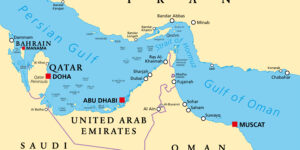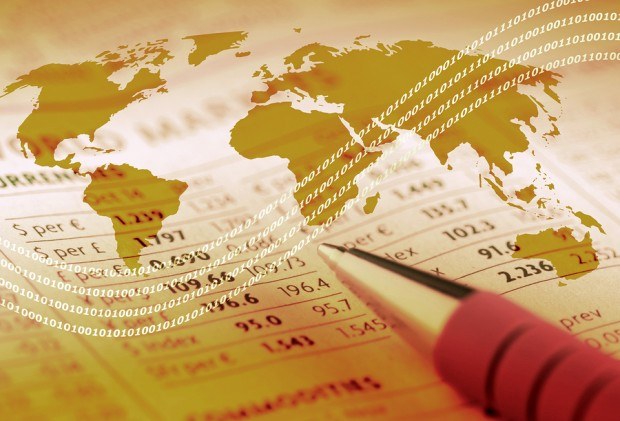The Obama administration’s top trade official said on Tuesday that the United States is aiming to finalize a giant trade deal with 11 other Pacific Rim nations by the end of year, but that it needs Congress to approve a rule to speed up the talks.
The Trans-Pacific Partnership, which would include Australia, Chile, Malaysia, Singapore and Vietnam, would establish a free-trade bloc stretching across a region that makes up nearly 40 percent of the global economy.
U.S. Trade Representative Michael Froman said the administration needs Congress to approve a fast-track rule called the Trade Promotion Authority, or TPA, that would allow any deal to move through Congress without amendments.
But Froman, speaking at an event sponsored by the news Web site Politico, said there is still a lot of misinformation about TPA among lawmakers.
A coalition of freshman lawmakers, led by Democratic Representative Mark Pocan of Wisconsin, have objected to TPA, arguing it would bypass Congress’ right to filibuster or amend the text of any trade agreements.
“This is not about Congress giving up its constitutional authority,” Froman said, adding that he was working diligently to educate lawmakers and clear up misconceptions.
He noted that TPA has been used since the 1970s to allow the government to negotiate the best deals. It expired in 2007 and so far there is no bill in Congress to renew it.
The Republican and Democratic leaders of the House Ways and Means Committee and Senate Finance Committee – the two congressional panels that have jurisdiction over trade – have expressed interest in renewing it, but recent fiscal fights, dissent over the new healthcare law and the government shutdown have delayed progress.
Supporters say TPA is needed to coax countries to put their best offers on the table in negotiations, secure in the knowledge that any concessions the United States makes will not be re-opened by Congress.
While the United States aims to finalize the TPP pact by year’s end, Froman said, several competing interests remain to be ironed out.
New Zealand wants the United States to eliminate tariffs for products like sugar and dairy; Australia wants greater access to the U.S sugar market; and Vietnam hopes to solidify its position as a leader in apparel and footwear, but needs the United States to agree to import more of its products.
“Every country has got their sensitivities, we recognize that,” Froman said. “We don’t have the luxury of being able to maintain an all-or-nothing approach.”
The ultimate goal, Froman said, is to balance the competing interests and come up with the best deal for Americans.
Representatives of TPP nations expect to meet in Singapore in December for their final meeting this year.
(Reporting by Elvina Nawaguna; Editing by Cynthia Osterman)





















 State Farm Inked $1.5B Underwriting Profit for 2025; HO Loss Persists
State Farm Inked $1.5B Underwriting Profit for 2025; HO Loss Persists  Large Scale Cargo Ring Busted in LA, $5M Recovered
Large Scale Cargo Ring Busted in LA, $5M Recovered  Berkshire Hathaway Profit Falls; Insurance Income Lower for GEICO, Other Ops
Berkshire Hathaway Profit Falls; Insurance Income Lower for GEICO, Other Ops  Premium Slowdown, Inflation Factors to Lead to Higher P/C Combined Ratio: AM Best
Premium Slowdown, Inflation Factors to Lead to Higher P/C Combined Ratio: AM Best 




